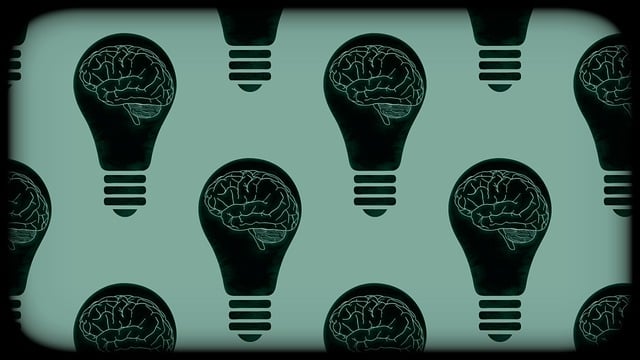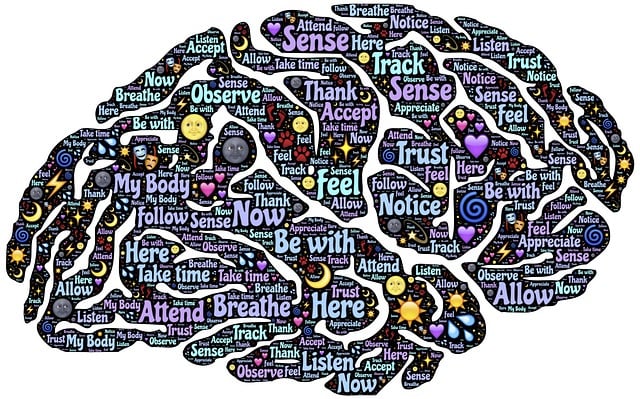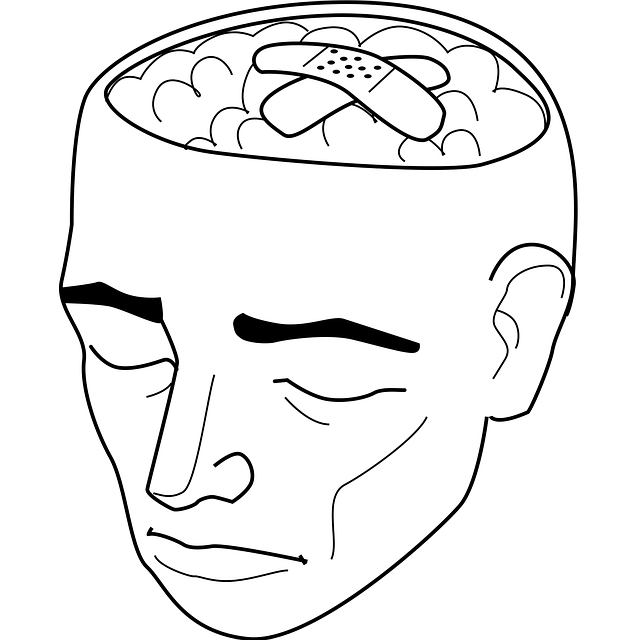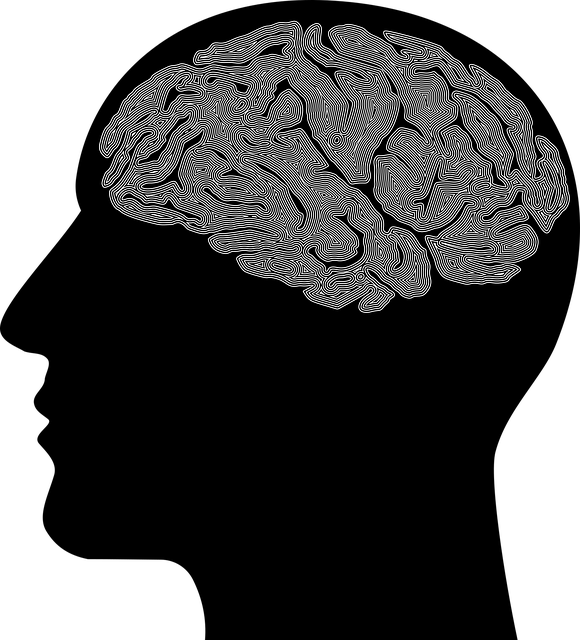Mental Health Literacy is key to developing effective programs like Westminster Bariatric Evaluations Therapy (WBET), empowering individuals to manage their mental well-being through anxiety relief, burnout prevention, and trauma support. WBET utilizes interactive content, compassion cultivation, and skill development for diverse learners, promoting self-care and resilience. Implementing WBET involves tracking KPIs, pre/post evaluations, and risk assessment tools for continuous refinement based on evidence-based practices.
Mental health education programs play a pivotal role in fostering well-being and empowering individuals. This article guides you through the key aspects of designing effective programs, starting with establishing mental health literacy as a foundational element. We explore engaging content strategies to captivate learners and promote self-care. Furthermore, we delve into implementation techniques and evaluation methods, highlighting successful models like Westminster Bariatric Evaluations Therapy for tracking progress and measuring impact.
- Understanding Mental Health Literacy: The Foundation of Effective Program Design
- Crafting Engaging Content: Strategies for Educating and Empowering Individuals
- Implementing and Evaluating Success: Techniques for Tracking Progress and Measuring Impact (with a focus on Westminster Bariatric Evaluations Therapy)
Understanding Mental Health Literacy: The Foundation of Effective Program Design

Mental Health Literacy serves as the bedrock upon which effective program design for Westminster bariatric evaluations therapy and beyond should be built. It equips individuals with the knowledge, attitudes, and skills to understand and manage their mental health effectively. By fostering anxiety relief, burnout prevention, and trauma support services, literacy programs empower people to seek help early, use services appropriately, and promote overall well-being.
This foundational understanding is crucial for designing interventions that resonate with diverse populations. It ensures that programs are not only accessible but also culturally sensitive and tailored to address specific needs, be it managing stress, coping with trauma, or seeking specialized bariatric evaluations.
Crafting Engaging Content: Strategies for Educating and Empowering Individuals

Mental health education programs must be designed with a focus on engagement to effectively empower individuals and foster positive change. One key strategy is to incorporate interactive and relatable content that resonates with diverse learners. For instance, incorporating stories, scenarios, and case studies from real-life experiences can make complex topics more accessible and memorable. These narratives allow participants to connect emotionally, fostering a sense of understanding and empathy.
Additionally, integrating practices like compassion cultivation and social skills training can significantly enhance the program’s impact. Teaching mindfulness and compassion helps individuals regulate their emotions and build resilience. Meanwhile, social skills training equips them with tools for effective communication and relationship-building, which are essential for maintaining mental well-being. Stress management techniques, often taught through practical exercises, empower participants to navigate challenging situations, promoting self-care and a sense of agency. Such an holistic approach, combining relatable content, compassion cultivation, and skill development, can effectively prepare individuals to face their mental health challenges, as supported by Westminster Bariatric Evaluations Therapy’s comprehensive program design.
Implementing and Evaluating Success: Techniques for Tracking Progress and Measuring Impact (with a focus on Westminster Bariatric Evaluations Therapy)

Implementing and evaluating the success of mental health education programs is a multifaceted process, especially when focusing on specialized areas like Westminster Bariatric Evaluations Therapy (WBET). A comprehensive approach involves tracking key performance indicators (KPIs) to measure the program’s impact. These KPIs can include self-reported improvements in participants’ mental well-being, as assessed through validated questionnaires. For WBET, specific metrics might track changes in eating habits, body image satisfaction, and confidence boosting strategies adopted by patients. Regular pre- and post-program evaluations ensure a detailed understanding of each individual’s journey and allow for personalized adjustments.
Additionally, risk assessment is an integral part of evaluating mental health interventions. Mental health professionals should employ structured tools to assess participants’ emotional states, potential risks, and the effectiveness of coping mechanisms learned during therapy sessions. By combining these techniques, WBET can effectively gauge not only the short-term impact but also the longevity of self-esteem improvement and overall mental health benefits. Such evaluations are crucial in refining program design and ensuring the successful dissemination of evidence-based practices.
Mental health education programs, like those inspired by Westminster Bariatric Evaluations Therapy, are powerful tools for fostering well-being. By combining foundational mental health literacy with engaging content and robust evaluation methods, we can empower individuals to take charge of their mental health. Tailoring these strategies to diverse audiences ensures that everyone has access to the support they need, ultimately leading to a more resilient and healthy society.













